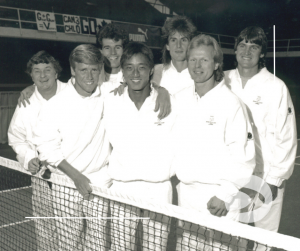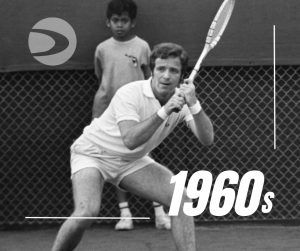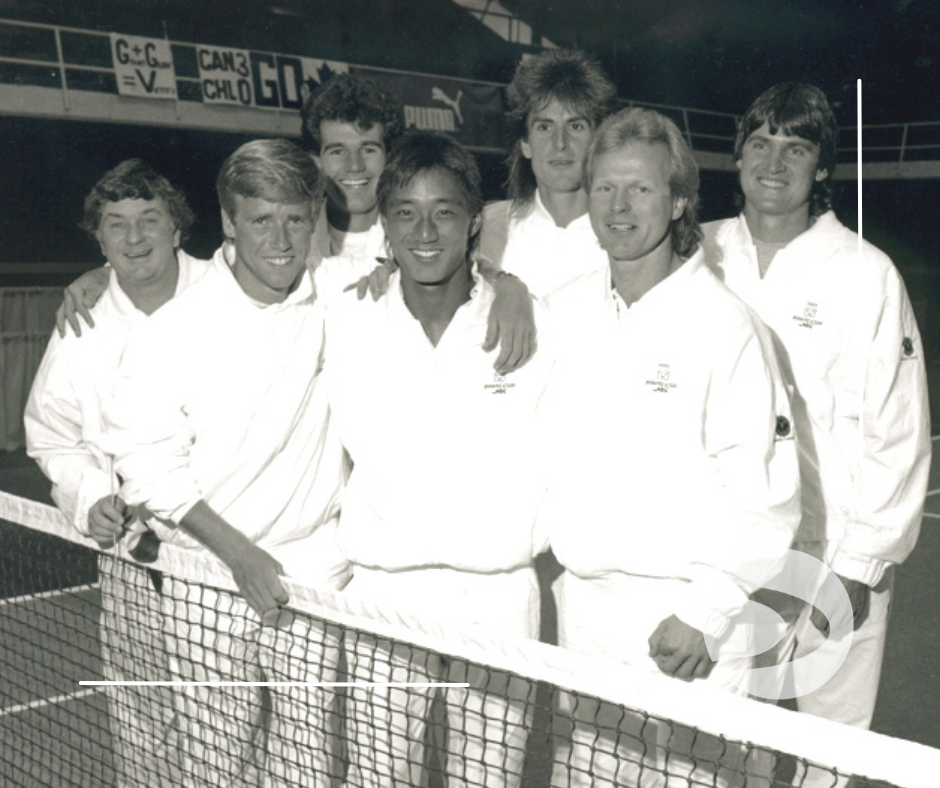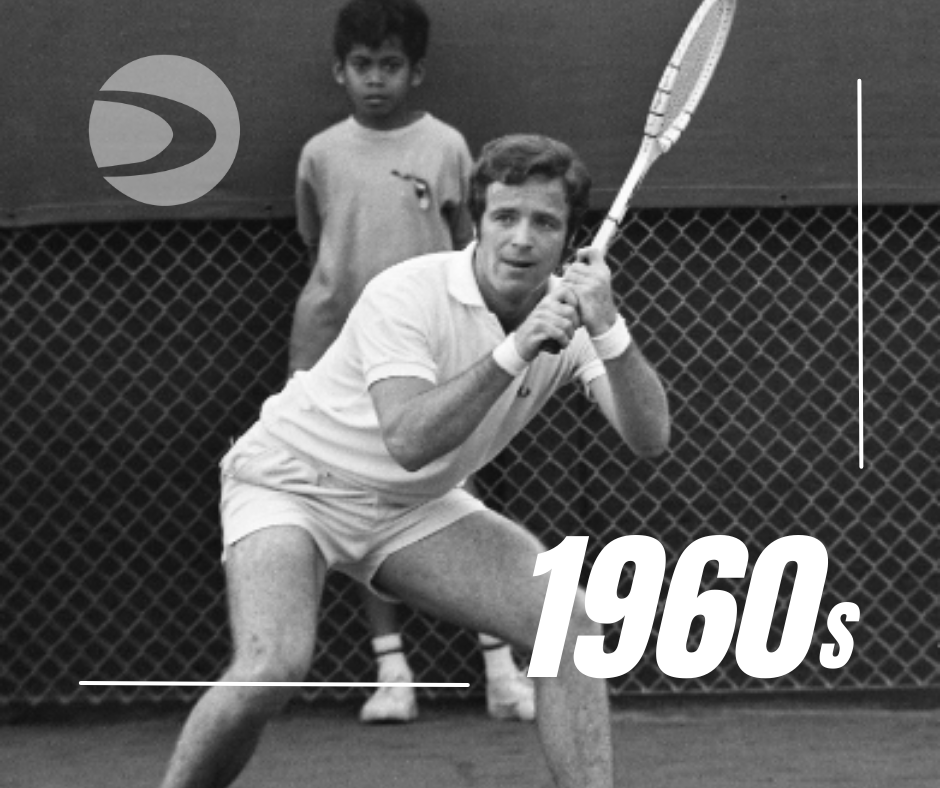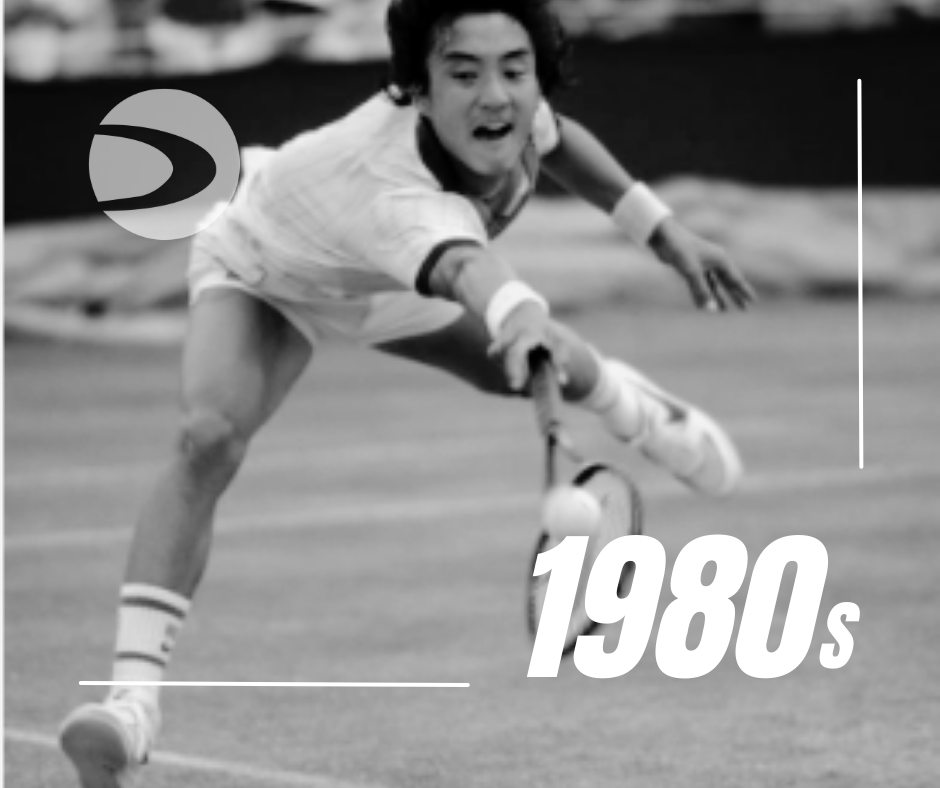BY WAYNE ELDERTON
NEW ‘TWO-PRONGED’ SERIES
We are continuing with running two series at the same time.
- The first is the small piece below on exploring the role of player motivation in coaching.
- The second series will feature a link each month to an article from the series called: ‘Coaching Feedback’. What, when, and how a coach delivers feedback can make or break the effectiveness of players learning.
PLAYER MOTIVATION:
In this series, we explore the concept that the motivation level of your players is actually the most important foundation for their development. The majority of coaches are all about delivering skills often to the exclusion of dealing with the critical motivation issues.
The goal is to avoid the potential mismatch between a players’ motivation level and the skill level of the program they are in. Higher level skill programs need more motivation since more commitment and work is required. A mismatch increases the potential for players to drop out.
The solution is to start to profile your players as to where they are on what is called the ‘Passion Continuum’. For our program, we have tweaked it a bit to make our own F.A.M.E. Scale (Focus, Attitude, Motivation, Effort). The levels include:
- Interested in tennis (they are fine to try it)
- Likes tennis
- Committed to tennis
- Passionate about tennis
Moving Players from ‘Likes’ to ‘Committed’ to tennis:
The goal here is the coach must create a motivational environment. To become committed, players can take on a little more work that doesn’t always need to be enjoyable. The trick is to shift the motivations from ‘external’ (like the games of the first stage), to ‘internal’. Their motivation comes from gaining self-confidence and tasting the enjoyment of overcoming challenges.
In other words, this stage introduces more of what Psychology Professor and learning expert Robert Bjork calls, ‘desirable difficulties’. Not to say the concept of gamification isn’t continued (it should be used in every stage) but, the types of tasks are more demanding. The possibility of failure increases.
For players to handle the increased challenge and potential of failure it is also important they be promoted to have a ‘Growth mindset’. Coaches must be mindful that the feedback they provide can either hurt or hinder a player’s mindset.
(click here for a video on this excellent work by Stanford Psychology Professor Carol Dweck).
COACHING FEEDBACK SERIES: PART 6-The Power of Positive Feedback
Coaching feedback is a ‘power tool’ required by coaches. Therefore, coaches need to be masters at the art and science of feedback.
This article looks at two powerful elements of feedback. Positive Feedback and a concept called ‘demand’. A common misconception is that being positive (especially with performance players) doesn’t push them do develop sufficiently. Check out the article to see how it all fits together.
Part 6 – Helping You Coach – Purposeful Feedback
Read Part 1 Helping You Coach – New ‘Two Pronged’ Series
Read Part 2 Helping You Coach – Motivation Feedback
Read Part 3 Helping You Coach – Outcome vs. Process
Read Part 4 Helping You Coach – Internal vs. External Feedback
Read Part 5 Helping You Coach – Purposeful Feedback
By Wayne Elderton, visit ACE COACH


